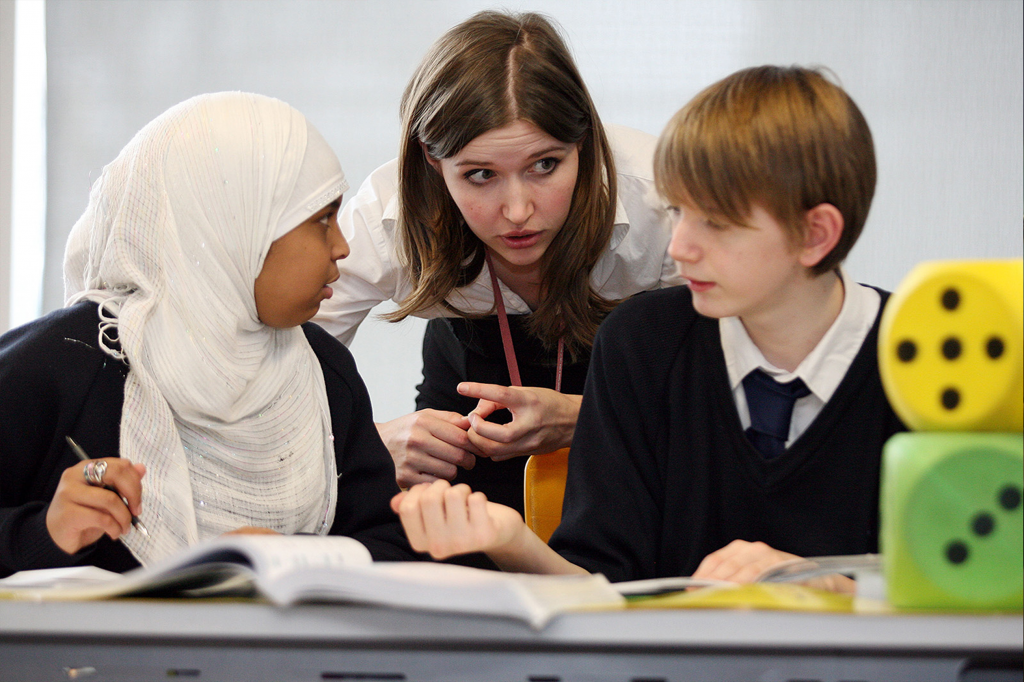
Here’s a personal, rhetorical question: ‘How many hours do you work each week?’ Recent research commissioned by the Department of Education reports that classroom teachers and middle leaders are working an average 54-hour week, while senior leaders are working even longer hours, typically 60 hours each week (Hazel, 2017). Not surprisingly, most have long to-do lists. Therefore, suggesting that school leaders make time for reflection might seem something of a luxury. In this final article in the series on reflective practice, we argue, however, that one of the secrets behind the most successful schools is leadership which promotes a culture of reflection that leads to transformative learning. But what does this mean in practice and, given the constraints of time, how can school leaders develop a culture of reflection and evaluate its impact?
Developing a culture of reflection
In the first article in this series, we pointed out that effective teaching is strongly linked to reflection, enquiry and professional growth. It doesn’t matter whether teachers are newly qualified or nearing the end of their career, the willingness to regularly question one’s practice and make necessary adjustments is essential to professional learning. In order to do this most effectively, creating an open, supportive culture is important. By ‘culture’ we simply mean: ‘the way we do things around here’. For example, teachers need sufficient time and space to hold reflective conversations, particularly about teaching and learning. This means leaders need to prioritise how resources are used, for instance, how much time in staff meetings is set aside for discussion over teaching strategies, the progress children are making, the barriers to achievement and how these can be addressed. They may need to review schedules so that staff have extended periods of uninterrupted time to closely observe small groups of children. While policies and procedures are important, in terms of providing a consistent steer on expectations, what really matters in developing a culture of reflective practice is the quality of relationships in school. Interestingly, studies (e.g. Northouse, 2016) of the most successful school leaders highlight their role in relationship building – they have a tendency to be sociable, assertive and exert positive energy (extraversion). Improving relationships is just as important as having the best ideas.
Successful school leaders work hard to create an environment in which colleagues have the confidence and desire to learn from each other, discuss and air views, try ideas out and evaluate their worth. Such reflection is not woolly. As one secondary deputy head explained:
All senior managers, on a rolling programme, monitor their subject areas. We reflect on what we’re doing, not just by ourselves. We involve staff in evaluations. We’ll evaluate any new resources, any intervention strategies are evaluated and, if they’re not effective, we discontinue them. If they’re effective, we increase them (Day et al., 2010, p. 12).
At its highest level, reflective practice involves questioning one’s assumptions - beliefs that we take for granted as being true. Of course, assumptions can be helpful in alleviating the stress of having to pause and reflect on everything that is happening around us. The world of schooling could not function without assumptions – for example, we assume colleagues will teach to the best of their ability.
Unfortunately, many assumptions are misplaced - Eisner (2003) identified twelve common ones, including the notion that the best way to identify effective schools is to examine the test scores of students. On Twitter, a parent recently posted an example where assumptions (in this case about gender) were present in homework. Her six-year-old’s science homework asked her to research a scientist or inventor. The questions included: ‘Who was he? Who was the person you have chosen to look at? How old were they when they began inventing? Did they have a wife and family?’ A group of trainee teachers was overheard discussing the subject of PE and the conversation included the following remarks “PE is not an academic subject”, “Schools should only sell healthy food” and “Boys will be boys” (when it comes to messing around and getting into mischief). But even very experienced teachers and leaders can make faulty assumptions. In a recent conversation about the attainment gap between children from low-income families and more advantaged backgrounds, one head sighed: “There will always be a gap because there are factors beyond our control. What do you expect from such parents?”